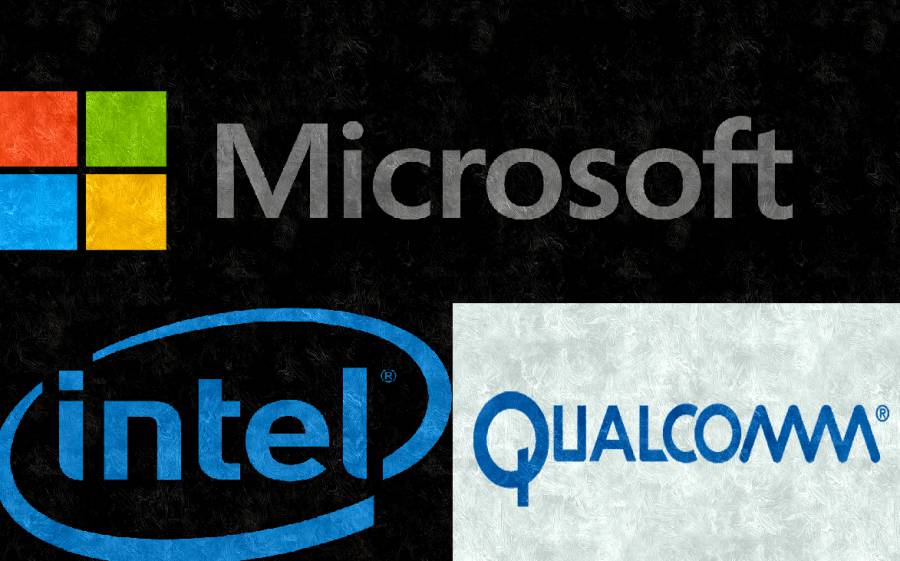On Wednesday, Microsoft made several announcements about the future of Windows 10 devices alongside industry leaders Intel and Qualcomm at the Windows Hardware Engineering Community (WinHEC) event in Shenzhen, China.
The tech giant revealed it plans to bring real Windows 10 desktop applications to mobile devices such as the Surface Pro tablets through a partnership with Qualcomm.
Intel, on the other hand, will have Microsoft’s back on Project Evo. The two powerhouses will team up to bring high-end graphics and performance solutions to propel the PC industry to the next level.
Microsoft is already getting ready to launch its projects, and the public might see some of this new tech hit the market as early as next year.
A full Windows 10 version for mobile platforms
Qualcomm will build the ARM chips capable of running real desktop versions of signature Windows applications on mobile platforms like tablets and laptops in 2017.
The semiconductor company will provide its Snapdragon 835 chip as the banner-bearer for the partnership, and Microsoft will adapt Windows 10 to run x86 win32 applications on the mobile processor.
It is worth noting this pairing should not be confused with Windows 10 Mobile, which is the smartphone and tablet build of the OS currently available on Windows Phone devices.
https://www.youtube.com/watch?v=ULQ9McFn_nU
Microsoft’s new project is not an RT revival
The Qualcomm initiative is the second time Microsoft tries to bring desktop Windows 10 to mobile, which first resulted in the Windows RT project.
RT was an attempt that quickly died due to lack of support and not being an actual version of Windows 10 on the go. Some people are wary of this Qualcomm on ARM project being the second coming of RT, but Microsoft has reassured them this is not the case.
Intel will bring PCs to the VR era with Project Evo
Intel and Microsoft are committed to bringing the PC industry up to date with a solutions pack that prepares machines to run the latest VR games and graphic-demanding software.
Project Evo will focus on delivering support for VR and AR systems like Microsoft’s HoloLens, 4K resolutions, higher frame rates, and even integration with peripherals like far-field microphones.
Intel will provide, presumably, its signature lineup of Core processors in its latest Kaby Lake series. The HD Graphics Suite will also be a part of the deal, most likely, and it will make its way into PCs on late 2017.
This affordable visual performance system along with Microsoft’s $300 HoloLens VR headsets may result in an exciting step forward for the gaming industry, as new technologies become more and more available very soon.
Source: TechCrunch











